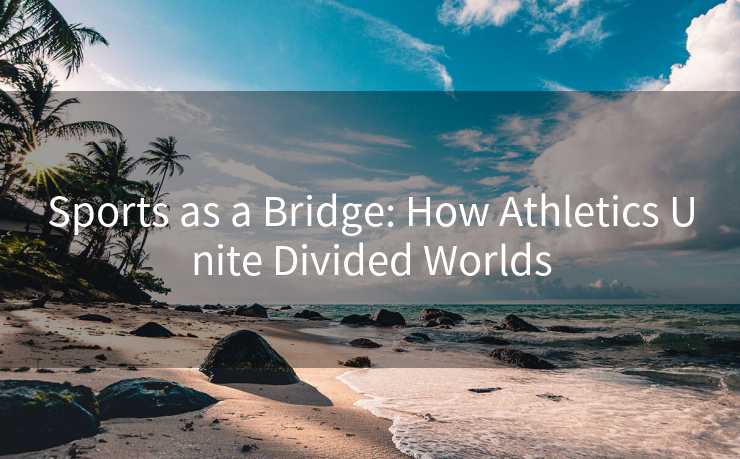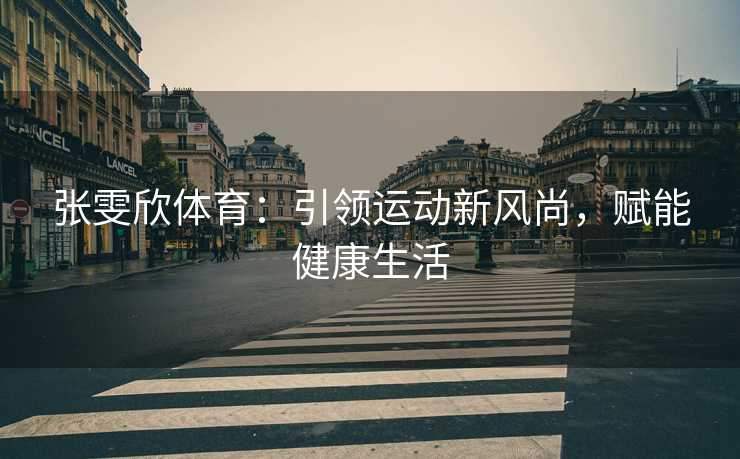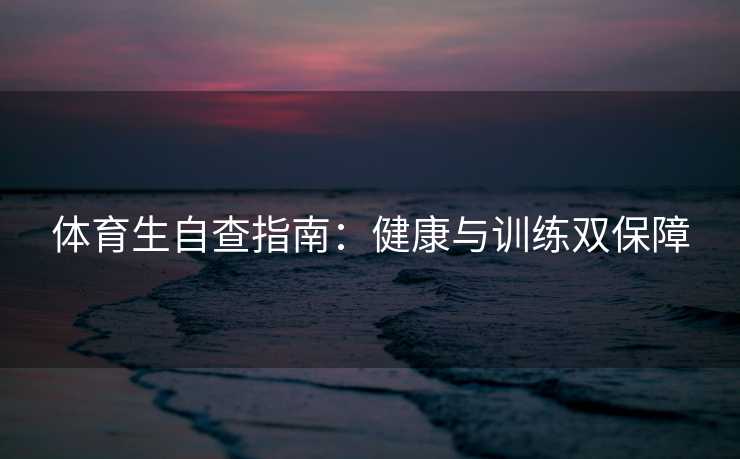Sports as a Bridge: How Athletics Unite Divided Worlds
In an era marked by geopolitical tensions, social fractures, and cultural divides, sports emerge as a universal language that transcends boundaries. From ancient Olympic rituals to modern global spectacles, athletics have consistently served as a catalyst for unity, fostering understanding across races, nations, and ideologies. This article explores how sports act as a powerful tool to bridge gaps, heal wounds, and build inclusive communities—proving that competition can coexist with compassion.

Historical Foundations: From Ancient Games to Global Spectacles
The roots of sports as a unifying force trace back to ancient Greece, where the Olympic Games (776 BCE–393 CE) mandated a sacred truce (ekecheiria) during competitions. Warring city-states set aside conflicts to gather at Olympia, honoring Zeus through athletic excellence. This tradition symbolized a shared humanity, even amid political strife.
Fast forward to the modern era, and sports continue to redefine unity on a global scale. The 1948 London Olympics, held just three years after World War II, became a beacon of hope, with athletes from 59 nations competing in a spirit of renewal. Similarly, the 2008 Beijing Olympics showcased China’s opening to the world, while the 2021 Tokyo Games (delayed due to COVID-19) emphasized resilience, uniting athletes and fans in adversity.

International football (soccer) further amplifies this impact. The FIFA World Cup, first held in 1930, has become a stage where national pride merges with cross-cultural exchange. For instance, the 1998 France World Cup celebrated diversity, with players like Zinedine Zidane (of Algerian descent) leading the host nation to victory, while the 2022 Qatar tournament highlighted Middle Eastern inclusion, drawing billions of viewers worldwide.
Social Impact: Building Communities and Fostering Inclusivity
Beyond grand stages, grassroots sports initiatives transform local landscapes, healing societal rifts one game at a time. In post-apartheid South Africa, organizations like Football for Hope use soccer to unite Black and white youth, reducing crime and bridging racial divides. Similarly, Brazil’s Futebol para Todos (Football for All) program provides access to sports for low-income children, turning favelas into hubs of collaboration.
Disability sports amplify this message of inclusivity. The Paralympic Games, founded in 1960, challenge ableist norms by celebrating athletes with physical and intellectual disabilities. Iconic figures like Tatyana McFadden (a wheelchair racer who won multiple Paralympic golds) redefine “ability,” proving that sports are for everyone—regardless of circumstance.
Personal Narratives: Athletes as Ambassadors of Change
Individual athletes often wield their platforms to champion unity, turning stadiums into classrooms for empathy. Muhammad Ali, the “People’s Champion,” used his boxing career to protest the Vietnam War and advocate for civil rights, declaring, “I am America. I am the part you won’t recognize.” His legacy endures as a symbol of using sports to confront injustice.
Modern icons carry this torch. LeBron James, through his I Promise School, combines basketball with education to uplift underprivileged kids in Akron, Ohio. Meanwhile, Megan Rapinoe, co-captain of the U.S. Women’s National Team, uses her visibility to fight for gender equality and LGBTQ+ rights, demonstrating that sports and activism are inseparable.
Challenges and the Road Ahead: Ensuring Sports Remain a Unifying Force
Despite its power, sports face hurdles that threaten its role as a bridge. Commercialization can prioritize profit over people, leaving marginalized communities behind. For example, only 10% of African nations have access to professional training facilities, limiting opportunities for aspiring athletes. Additionally, doping scandals and political boycotts (like the 1980 Moscow Olympics) erode trust, casting shadows on sports’ integrity.
To preserve sports’ unifying potential, stakeholders must act decisively. International bodies like the IOC should expand Solidarity Programs to fund infrastructure in underserved regions. Leagues and teams can adopt inclusion mandates, ensuring diverse representation in coaching and management. Fans, too, play a role—by rejecting hate speech and embracing sportsmanship, they reinforce the idea that competition is about connection, not conflict.
Conclusion: The Enduring Power of Sport
From ancient Olympia to today’s digital arenas, sports remind us that humanity shares more than it divides. When athletes compete with respect, communities collaborate through play, and fans celebrate diversity, sports become more than entertainment—they become a blueprint for a better world. As we navigate an increasingly fragmented globe, let us remember: the field is level, the goal is shared, and the game is always worth playing together.
The ancient Olympic Stadium in Olympia, Greece, where the ekecheiria (truce) allowed warring states to compete in peace.
A community soccer match in Rio de Janeiro, where sport heals social divisions.
A Paralympic athlete competing, embodying the spirit of inclusion.
新闻资讯
站点信息
- 文章总数:185
- 页面总数:0
- 分类总数:4
- 标签总数:4
- 评论总数:0
- 浏览总数:114068

